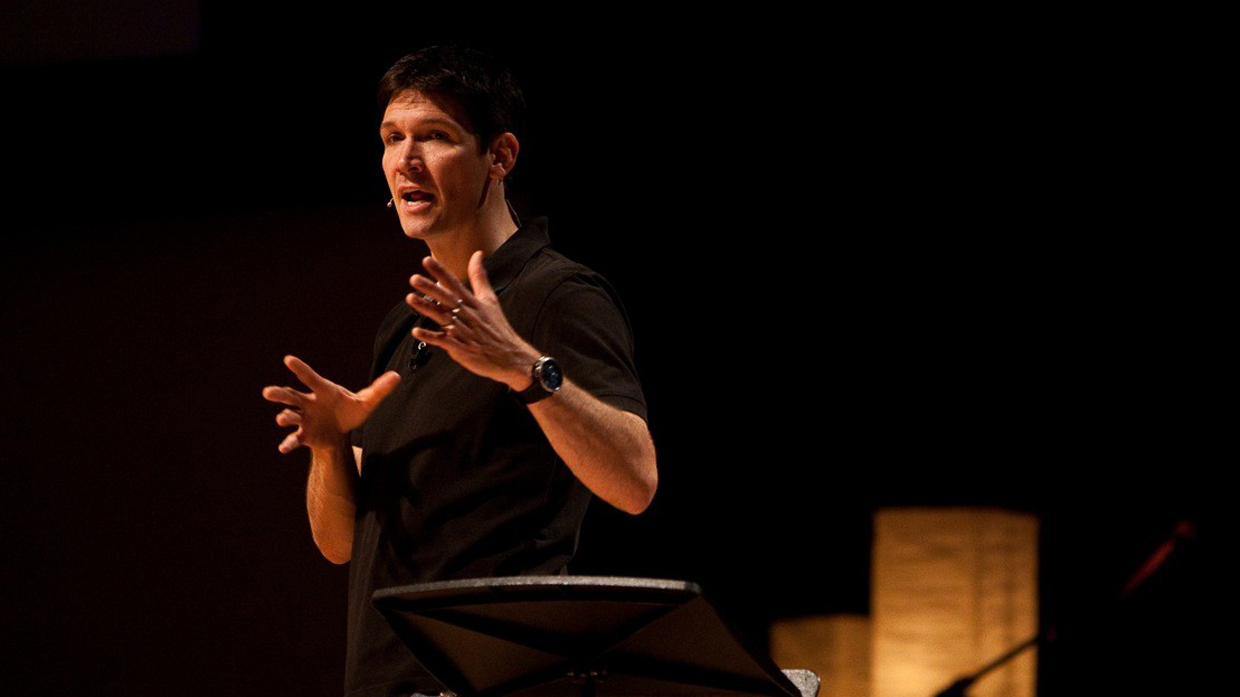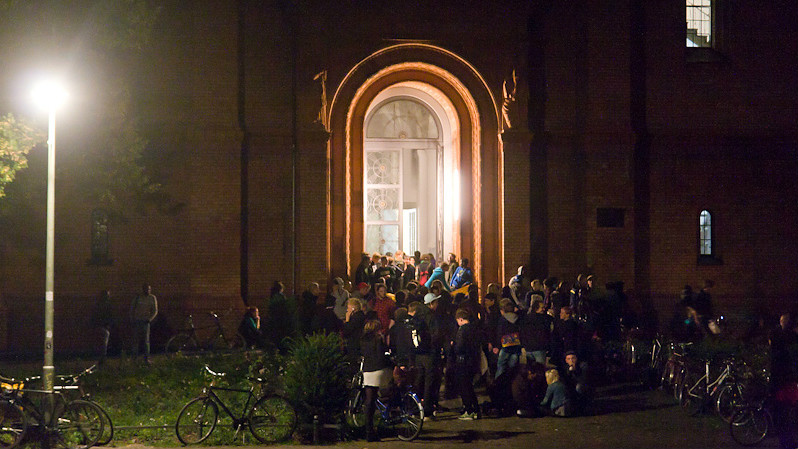Ask parents how they determine whom to trust with their children, and they’ll probably struggle to put it into words. Some go by a gut feeling. Some instinctively assume others—especially other Christians—are trustworthy until they somehow demonstrate that they are not.
But many of us have learned firsthand how our intuitions can be way off. In my life, people I didn’t think twice about proved to be morally questionable, even dangerous. According to Henry Cloud and John Townsend, the popular Christian therapists and authors of Safe People, our inability to judge character leads us to welcome “destructive people” in our lives.
I recognize this can be an unsettling possibility for us to discuss, especially as parents, but it’s important we consider that even people who appear safe and friendly can threaten our families. Take the latest example in the headlines: smiley Subway pitchman Jared Fogle, who has been charged with (and agreed to plead guilty to) having sex with minors and possessing child pornography. In recently released recordings, Fogle describes approach to luring children into sexual relationships with him.
Anna Salter, a clinical psychologist and an expert in treating sex offenders, explains that most people find it easier to believe that someone experienced an “aberration” of character, as opposed having planned and plotted to victimize children. But more often than not, the reality is the opposite: Like Fogle, most sexual predators set up and plan out scenarios of abuse. More than 750,000 registered sex offenders live in the United States, and that doesn't account for those whose crimes have not been discovered.
Among these offenders are people who identify as Christians and remain active in churches, schools, and communities. In many contexts, sex offenders appear to be loving, talented, and charming individuals. And we Christians naturally look for the best in people; we expect others are being straightforward and authentic when they interact with us. In fact, Salter’s research reveals that many sex offenders seek out religious communities precisely because they are so trusting.
The alternative isn’t for us to turn cynical and suspicious. Instead, it's for us to become discerning—for the sake of our churches and families. As I referenced earlier, we can be uncomfortable with evaluating someone’s trustworthiness. It seems too close to judging. But Jesus’ words, “Do not judge, or you too will be judged,” do not ask us not to judge anyone ever (Matt. 7:1). Instead, his words serve as an admonition to judge rightly, acknowledging our own faults as well.
In fact, Jesus expects us to be discerning. Consider in Matthew 7: “Beware of false prophets, who come to you in sheep’s clothing, but inwardly they are ravenous wolves. You will know them by their fruits.” Jesus here is warning against reilgious people who outwardly appear holy, but whose actions are “devouring.” His suggestion to evaluate others’ “fruits” is helpful for us. Even if I am in no position to determine someone’s heart or motives, I can see his or her actions and whether they affect others for good or ill.
This approach can be complicated when evaluating sex offenders, who often engage in secret behaviors and work hard to shame and silence their victims. But according to experts, there are common habits to look out for, such as: giving a child special attention and privileges, engaging in affectionate touching, making sexual jokes, overlooking typical social cues and boundaries, spending an unusual amount of time together, and “teaching” the child about each other’s bodies. Knowing such warning signs and red flags doesn’t mean we accuse everyone with one or two unsafe traits of being a criminal. But it helps us to be aware of risks and make wise choices.
When we encourage indiscriminate trusting, we act as if our trusting creates trustworthiness in others. But the opposite is true: Trust is the proper response to trustworthiness. As Onora O’Neill, a British baroness and philosopher, suggests in her TED Talk: “Trustworthiness before trust.” The idea that trust has to be earned plays out in Scripture. Cloud and Townsend note in Safe People that “the most trustworthy man of all time—Jesus himself—did not demand blind trust… Jesus told [others] to test what he said by his actions.” Even he expected others to test his trustworthiness.
O’Neill lists three criteria for determining whether someone is worthy of our trust: honesty, reliability, and competence. She explains that some of her friends are competent and honest but not reliable; therefore, she would not trust them to remember to mail letters for her. These three traits can also be a starting point for evaluating potentially unsafe people in our lives when coupled with our own criteria.
For example, based on my research and personal interactions with sex offenders, I’ll look out for signs of entitlement and an unhealthy focus on self: Is this person respectful of other’s bodies, beliefs, and boundaries? Do they accept it gracefully when someone tells them no or disagrees with them? Do their words match their behaviors? Are they empathetic? Can they accept criticism without attacking, defending, or shaming others?
After learning that my ex-husband sexually abused a young family member, I became particularly aware of the ways sex offenders “groom” families to overlook their abuse. But I hope that people do not have to go through a violation of trust in order to recognize the importance of discernment in their communities. May we be people who proactively judge rightly, who love all without blindly trusting all.
Maureen Farrell Garcia loves biblical narratives, books, and tea. She's a mother of three valiant daughters, wife of a New Testament scholar, and a writer that teaches at a Christian college. You can read about her sex offender experiences at Converge Magazine. She would love for you to connect with her on Twitter @mfarrellgarcia.






















